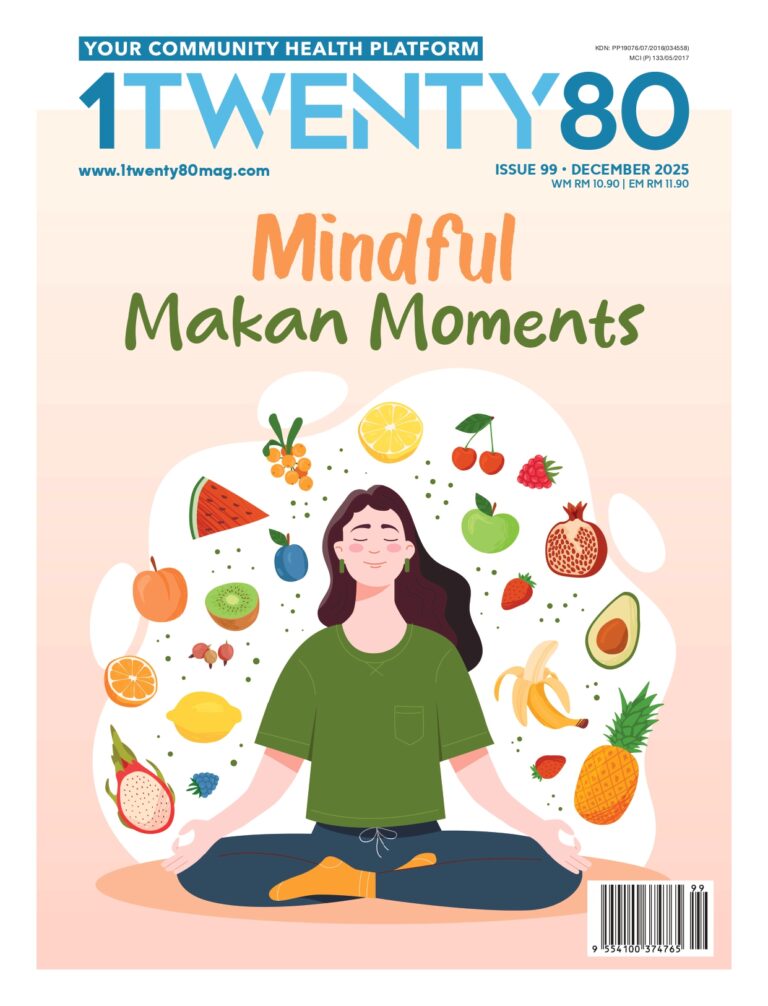Identifying foods that are healthy for you and those that are not can be challenging. Things become all the more difficult when there are many falsely labelled ‘healthy’ foods that are readily available which can be both deceiving and harmful.
From your granola bar, which is made with various kinds of sweeteners, to that zero-sugar beverage, which is still a little bit sugary. Reshmy Ranee, a dietitian, is here to help identify these food traps so you can stay away from them.
1Twenty80: What are some of the claims consumers should be wary of when making health-conscious fod choices?
Reshmy Ranee: Here are some of the claims to be careful of:
- Claims that a particular food can cure diseases like cancer, osteoporosis and more.
- Claims that a particular food prevents diseases like heart attack and cancer from happening.
- Claims that the product is low in sugar but when checking the ingredients and nutrition labelling, the product is high in sugar.
- Claims that the food product is zero calorie. Check if the zero calorie is for per serving or for the whole packaging.
1Twenty80: Are protein shakes good or harmful? What are the types of contents consumers should look out for when purchasing protein drinks or bars?
Reshmy: Protein shakes are only for those who are into muscle building. Usually exercises that involve a lot of muscle movements like weight lifting can consume protein drinks and bars.
To make the taste of protein drinks and bars palatable, preservatives and sugar are added. Consumers should check the ingredients list and nutrition label before purchasing the protein shakes and bars. Excess sugar and protein consumption will usually lead to weight gain.
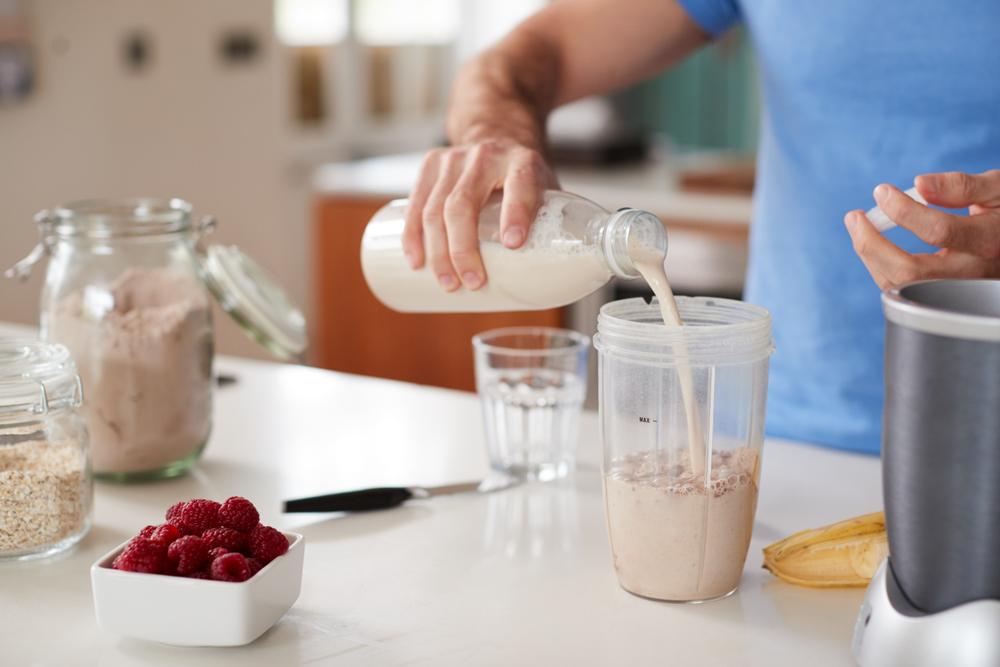

1Twenty80: Energy drinks are often marketed as a way to boost energy and athletic performance. Are energy drinks really healthy? Do they contain any harmful substances?
Reshmy: Only if an athlete is involved in high intensity and prolonged activity like triathlon and marathons, should they drink energy drinks. For normal exercises like yoga, dance and jogging, energy drinks are not needed.
Energy drinks contain high levels of caffeine, sugar, and a variety of other legal stimulants such as guarana, taurine, and L-carnitine. The legal stimulants over a period of time can cause a raise in blood pressure and palpitation. If one already has these underlying health issues and continues taking stimulants, it may lead to heart attack.
Should parents want to get cereals for their kids, they should opt for the unflavoured or no colouring cereals.
1Twenty80: Many parents serve their children cereal as the first meal of the day. Are cereals healthy? Are there any ingredients in cereals that parents or caretakers should be aware of?
Reshmy: Cereals for breakfast are high in carbs, which provide the necessary fuel for the brain and activity of the child at school. Plus, kids should not skip breakfast as it has multiple benefits.
However, parents should be cautious about the amount of sugar in the cereals.
Should parents want to get cereals for their kids, they should opt for the unflavoured or no colouring cereals. Parents can then add on fresh fruits, nuts, seeds and milk to these cereals.

1Twenty80: Are gluten-free foods healthier than gluten-containing foods?
Reshmy: Gluten is present in all wheat derivatives and one is not healthier than the other. However, if one has celiac diseases and to avoid flaring up of symptoms, the individual should consume gluten-free foods. Also, gluten-free foods are more expensive than gluten containing foods. Hence, not everyone in the population can afford them.
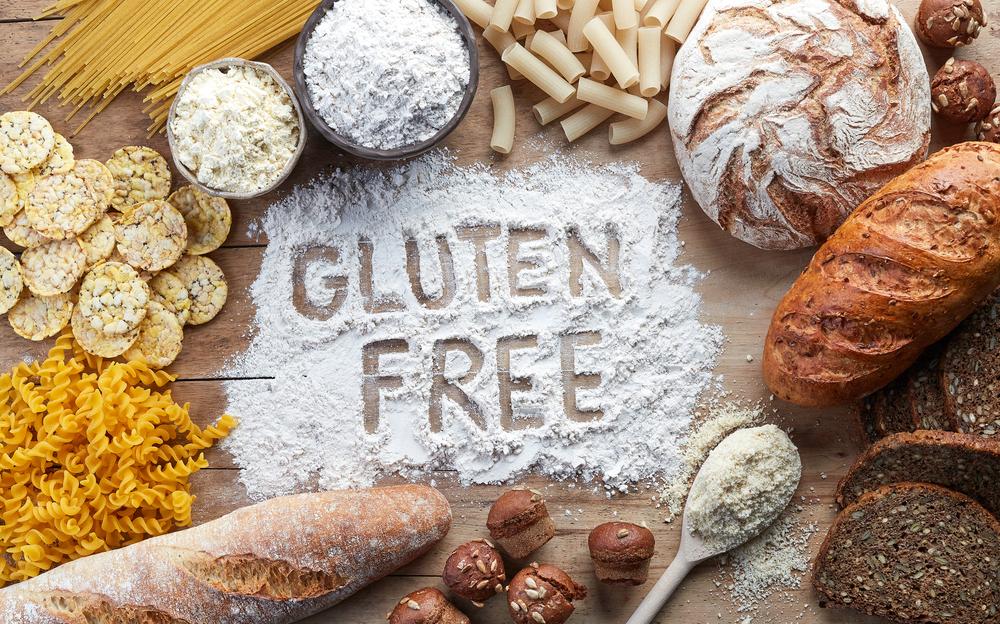
1Twenty80: Are flavoured yoghurts as healthy as plain yoghurt?
Reshmy: Flavoured yoghurts are high in added sugar and artificial flavouring. One cup of flavoured yoghurt as opposed to natural yoghurt has an additional 7g to 10g of sugar. Go for Greek yoghurt if you prefer a yoghurt with higher protein content as compared to plain yoghurt.
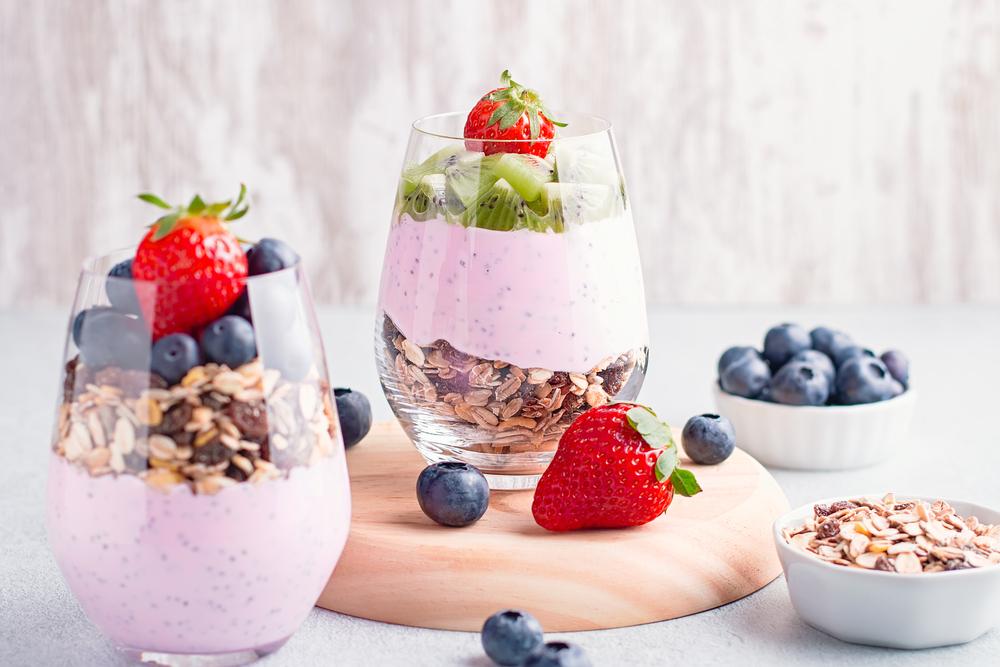
1Twenty80: Is opting for zero sugar or zero-calorie carbonated drinks healthier as compared to its regular counterpart?
Reshmy: In terms of sugar content, a zero calorie carbonated drink has no sugar as compared to regular carbonated drink.
However, some studies have noticed that a high consumption of zero calorie carbonated drinks caused an increase in obesity and Type 2 diabetes.
This is because artificial sweeteners are very sweet and can trigger an increased appetite by stimulating hunger hormones, altering sweet taste receptors, and triggering dopamine (happy hormones) responses in the brain. Also, given that diet soft drinks have no calories, these responses may cause a higher intake of sweet or calorie-dense foods, resulting in weight gain.
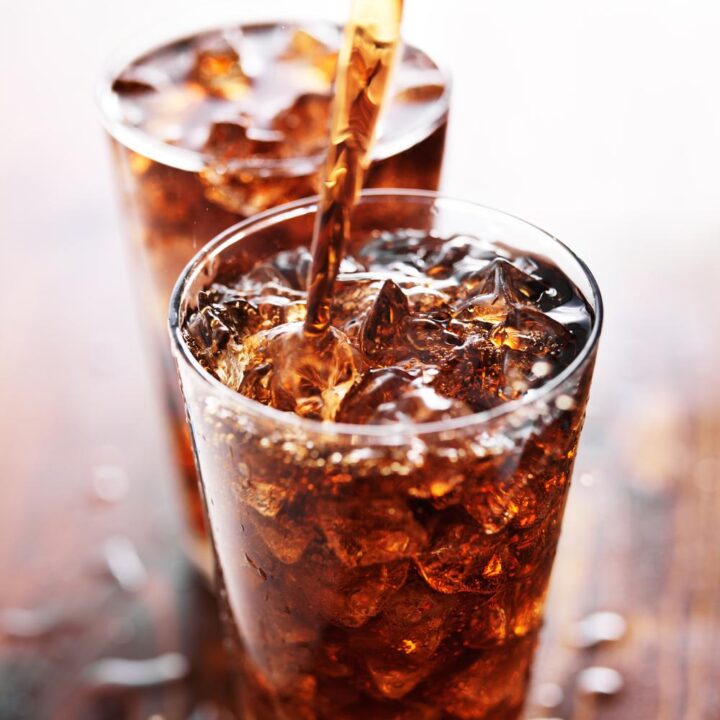

1Twenty80: Is plant-based meat healthier as compared to real meat?
Reshmy: There are pros and cons in eating plant-based meat.
Eating more plant-based meat results in higher fibre intake and lower saturated fat consumption as compared to eating animal-based meat. Plant-based meats also have protein but the content is not as high as animal-based meats.
Hence, bodybuilders who need a high protein intake need to mix a variety of plant-based to meet their daily recommended amounts. They also may need to consume more plant-based meats to meet their protein requirement.
Nevertheless, the cons of plant-based meats are that they are highly processed and additives are added to enhance the taste.
LEVEL UP!
Advertising and food packaging have a big impact on our purchasing decisions. To avoid being duped by marketing claims, take your time to carefully read labels on the food you are consuming.










